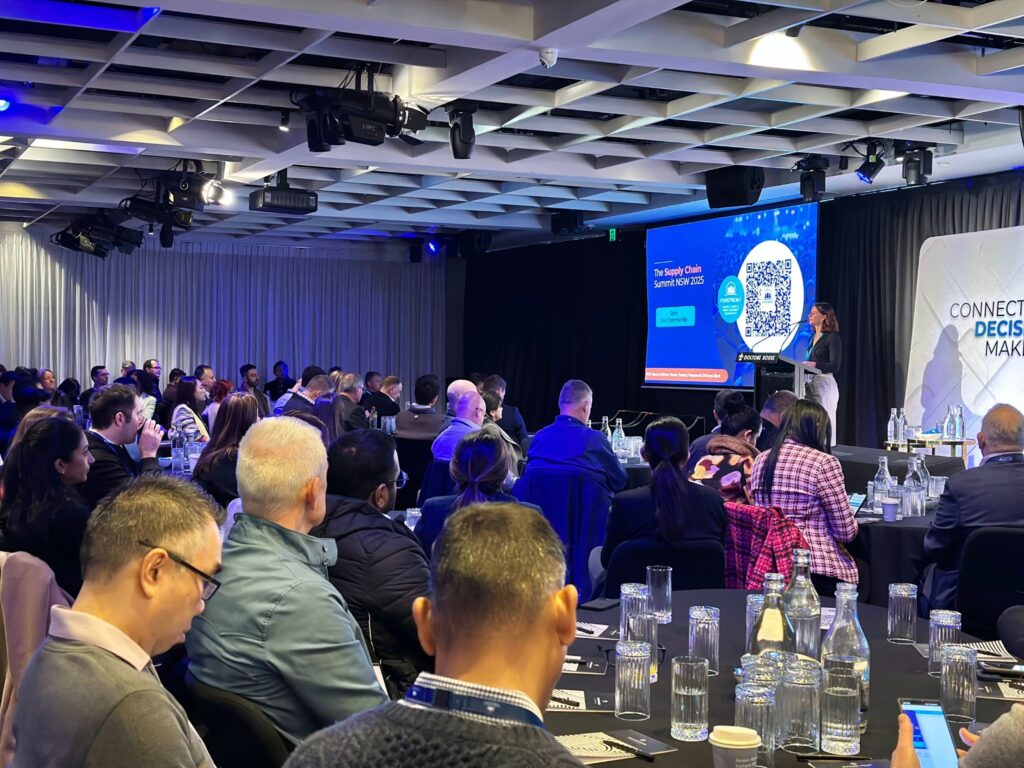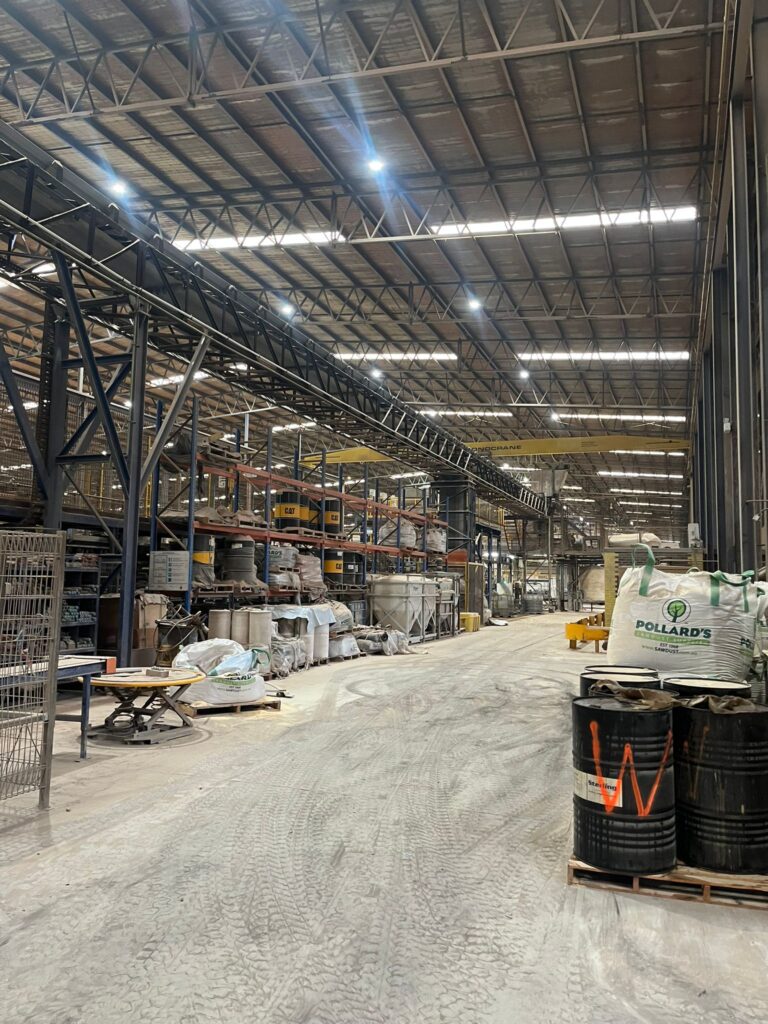In today’s fast-paced world, businesses and individuals often chase productivity, believing it to be the hallmark of success. However, the relentless pursuit of productivity—defined as the sheer volume of tasks completed—can overshadow a more crucial metric: efficiency. Efficiency, which emphasises the optimal use of resources to achieve desired outcomes, offers a more sustainable and effective path to long-term success.
The Lure of Productivity
Improving productivity is a common catch cry for many organisations heard from Governments to Boards and CEO’s. Productivity measures how much work is done in a given period. It’s a quantity-focused metric, often leading to a “more is better” mentality.
It’s also an internally focused metric ultimately linked to the sales growth aspirations of most organisations. Productivity growth leads to more output, therefore more sales, therefore more revenue.
Who wouldn’t want to grow and improve productivity? However the caveat is: Does productivity lead to higher profitability, financial sustainability and adequate margin? Does it lead higher customer satisfaction that will create a long-term success?
In contrast, efficiency measures the quality of the work done – including how well resources, such as time, money, and effort, are utilised to achieve desired outcomes. As a quality-focused metric it prioritises doing things right rather than merely doing more.
There are some pitfalls of prioritising productivity alone. Productivity-driven models often ignore process optimisation, resource optimisation and right first time considerations which can inadvertently create higher cost.
For example, using overtime to achieve an increase in output can harm profitability but tick the productivity box, or perhaps the production or planning process has not been optimised so more output results in more defects, wasted material or other inefficiencies that already existed.
Producing more without regard for optimisation can lead to higher cost and increased waste ultimately harming the organisation’s bottom line.
The Benefits of Emphasising Efficiency
Focusing on efficiency offers a more balanced approach to better business outcomes. Efficiency eliminates the unwanted and the unnecessary to reduce cost and improve quality.
Pursuing it supports a culture of ongoing improvement to how the work gets done. It ensures any growth is both sustainable and profitable.
Emphasising efficiency has the potential to protect the bottom line and business outcomes:
1) A focus on efficiency brings quality improvement that ensures “doing things right” and ultimately producing products or services that meet or exceed customer expectations. This focus on quality can enhance brand reputation, customer loyalty and competitive advantage.
2) Minimising waste and optimising processes through efficiency improvement can significantly reduce costs while maintaining output. This not only improves profitability but also positions the company as a sustainable entity.
Implementing Efficiency Driven Practices
Shifting from a productivity-centric to an efficiency-centric approach requires strategic changes:
- Quality Focus: Set clear, quality-focused goals rather than merely quantitative targets. For example, instead of aiming to produce a certain number of units, aim to improve customer satisfaction ratings, reduce waste, reduce costs or defect rates.
- Improvement: Regularly improve processes to eliminate waste and improve resource utilisation. Equip employees with the knowledge and skills needed to both identify waste and inefficiency, and take effective action.
- Performance Metrics: Create the right metrics. The simplest course is to make inefficiency highly visible. Good visibility will naturally foster the ownership and accountability necessary to drive improvement.
While productivity has long been celebrated as the key to success, it is efficiency that offers a more sustainable path forward. By prioritising the optimal use of resources and focusing on quality over quantity, individuals and organisations can achieve superior results, increase innovation, and ensure long-term success.
In an era where resources are increasingly precious, embracing efficiency is not just a strategic advantage but a necessity.







